Conflict often starts with our own perceptions of the situation. Right or wrong, we are influenced by our past experiences. Take a step back and think about the person and what their intent might be before you respond.
When you feel someone is attacking you, you do not have to respond with anger. It takes two to start a conflict. Here is how you can learn to avoid conflict.
My husband and went out to eat with our friends recently. A few days later, I got an email from my friend’s husband. It was a link to a podcast by a minister speaking about women’s roles. There was no personal message, so I was left to interpret the intent of the email on my own.
I wondered what I had said in the conversation to prompt this kind of response. What did I do to deserve this treatment? My mind rolled over options, none of which were fruitful in resolving the matter.
Take the time to think through your emotions before responding.
I was reminded of a similar discussion earlier in the year where I discovered we did not agree on this topic. My first thought was he was suggesting women have a limited role because of being women. Initially, I was felt condemned for being a woman. Other thoughts ran through my mind including it sounded judgmental, condescending and angry. Why were we discussing this again? Did he expect me to agree with him this time? All these emotions and more could be considered except for the fact that he was my friend.
Determine your goal and respond accordingly.
I thought about how I was going to respond to my friend. I wanted to keep our friendship as couples. There it was, my goal. My response had to be given in kindness and allow for errors in my interpretation.
Allow for the fact your feelings could be wrong and give the person the benefit of the doubt.
He was my friend, so he probably did not intend to upset me. Perhaps he found it an interesting article and thought I might enjoy further discussion on the topic. I did not want to discuss it again, so I had to let him know I had not changed my mind without hurting his feelings.
Speak the truth in love.
As I began my email, I thanked him for his concern for me. He did not have to worry about me because I have given this topic a lot of thought. I stated my interpretation of the article including where I felt differently than the author.
Redefine your relationship.
We have a relationship built on trust and open communication. While someone else may have found the article to be offensive, I understood his intentions were honorable. I hoped he could understand our differences and not allow this to come between us as friends.
Finally, accept your opinions may be different and you can still be friends.
Did my five steps to avoid a conflict work? I received a response to my email. Indeed, he was trying to help and thought I might find the article interesting. If I had responded with my initial reactions, I would have been wrong and probably lost a good friend.
